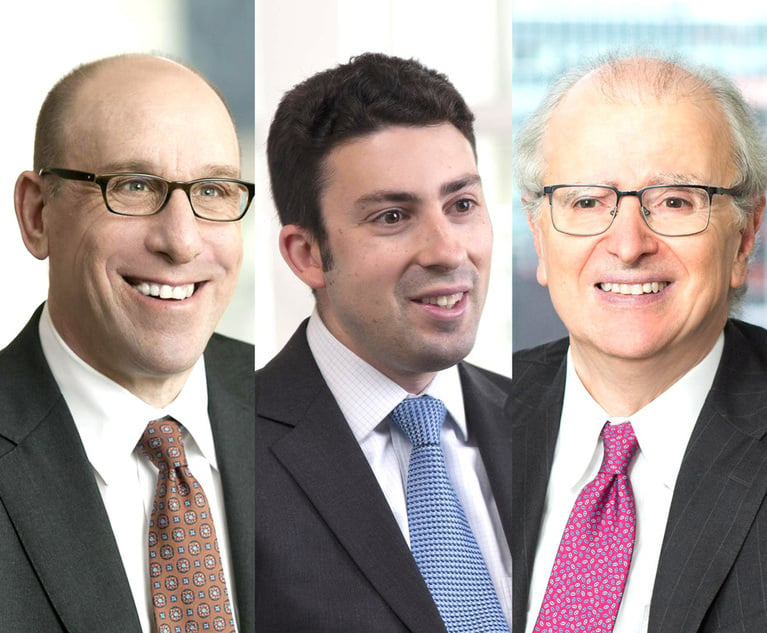The market for commercial litigation funding has exploded in the United States. Following years of successful funding relationships among law firms, litigants and claimants in more mature funding markets overseas, the U.S. legal market has seen professional litigation funders either import their methods, measures and access to capital to a budding market or otherwise create successful litigation funding shops based here in the United States. Proponents of litigation funding are legion; they laud the investment of capital in the legal market, the increased access to justice and the resolution of disputes based on the merits of the case instead of the relative resources of the parties. All manner of “persons”—individuals, start-ups, charities, law firms and large corporations, among others—have turned to funding to benefit from a leveled playing field, a leveraged law department or the risk-shifting that results from a non-recourse funding investment.
Meanwhile, a small contingent of critics has raised concerns about the litigation funding industry. These critics have latched on to a small handful of cases where a combination of unscrupulous claimants, less-than-ethical attorneys and non-professional litigation funders have engaged in prohibited or unethical conduct to bemoan what they perceive as the opacity of the litigation funding industry. They support rules pertaining to litigation funding that would permit far-ranging discovery into the specifics of litigants’ funding arrangements. Such wide-ranging discovery could potentially derail the adjudication of the underlying dispute while the parties demand and oppose discovery of tangential, irrelevant and unduly prejudicial matters, such as the amount of money funders have invested in the claim, the commercial terms of the investment, the representations and warranties made during the course of such agreements, and any other issue that would give the party seeking the discovery a strategic advantage.


 Shutterstock
Shutterstock




